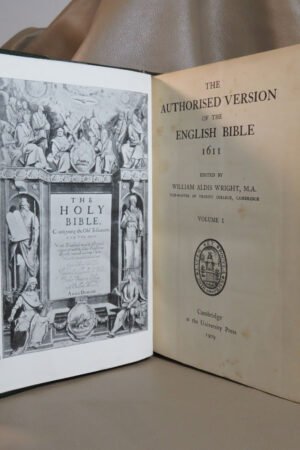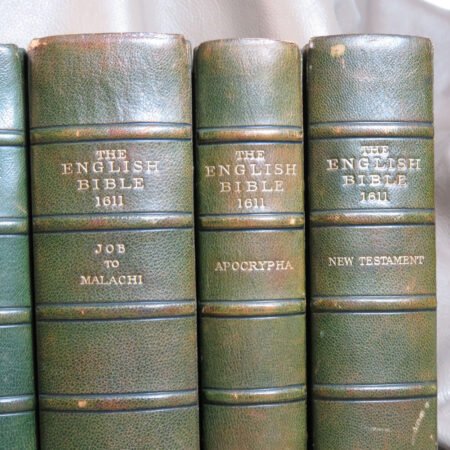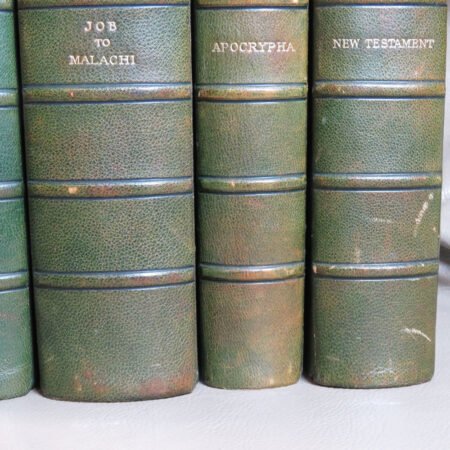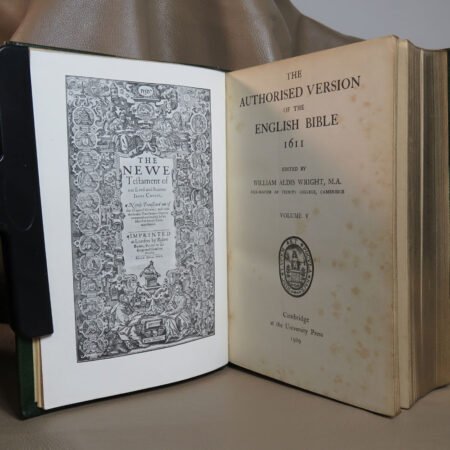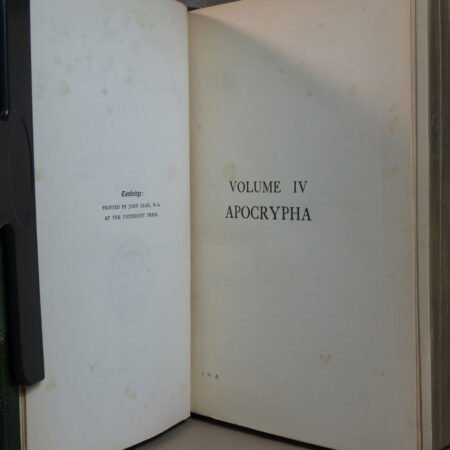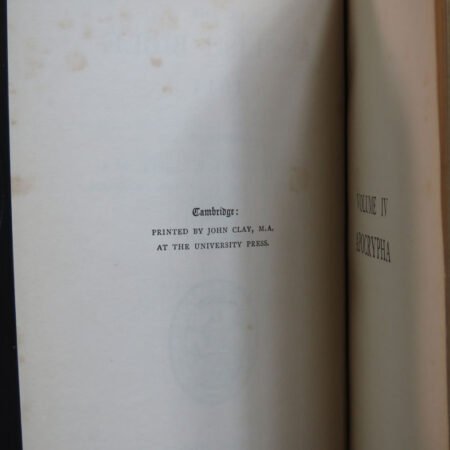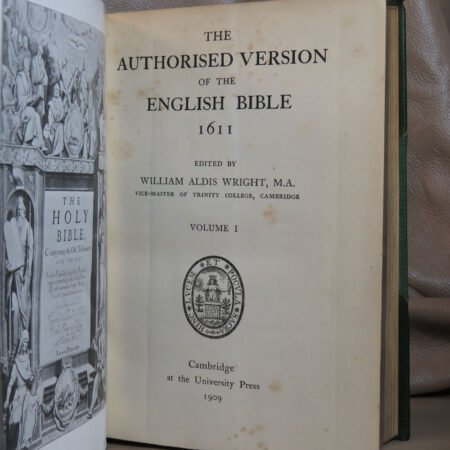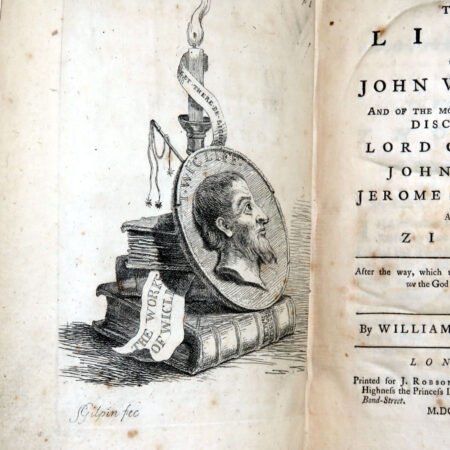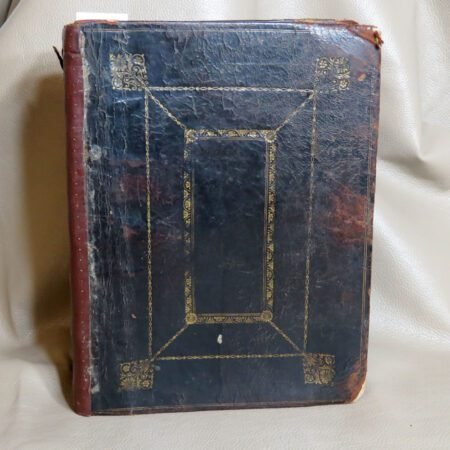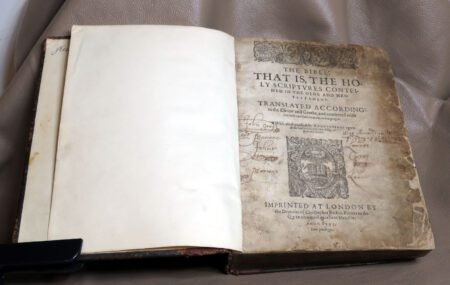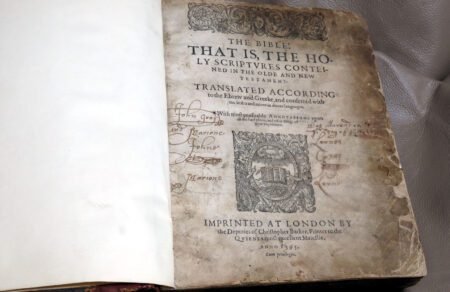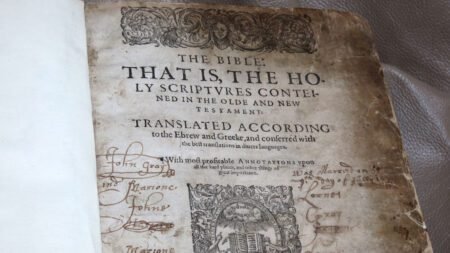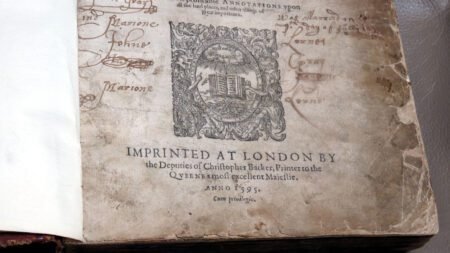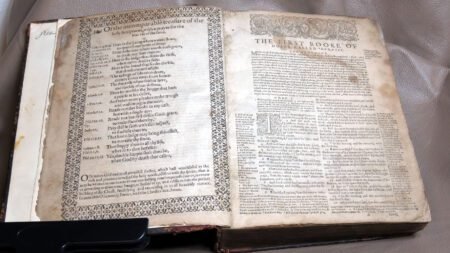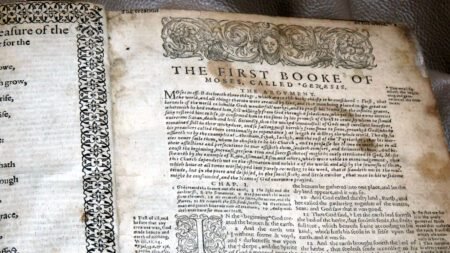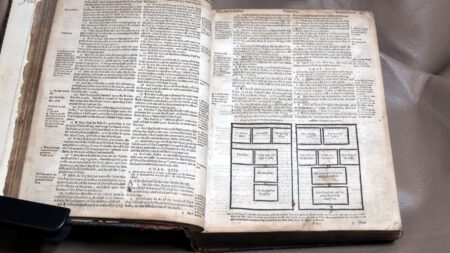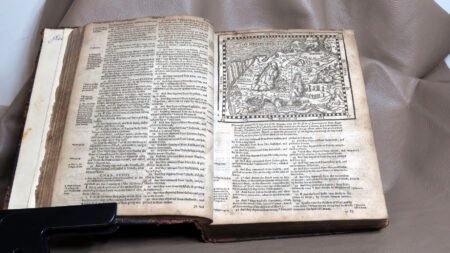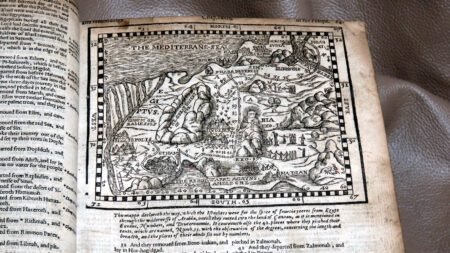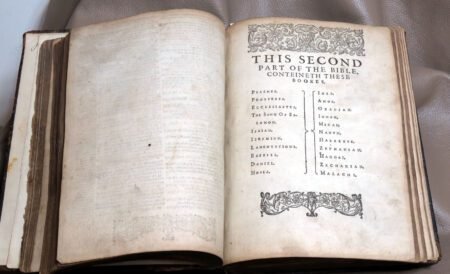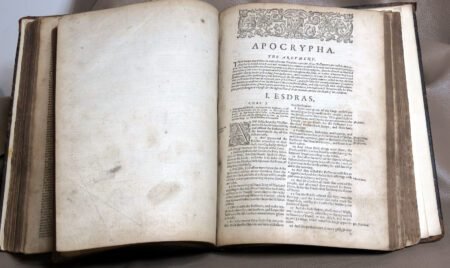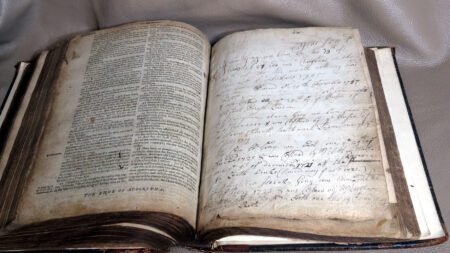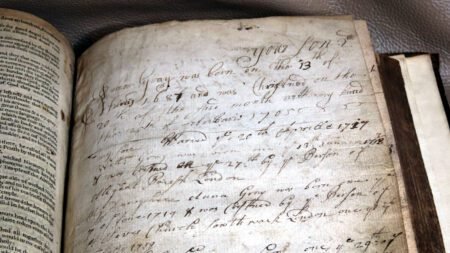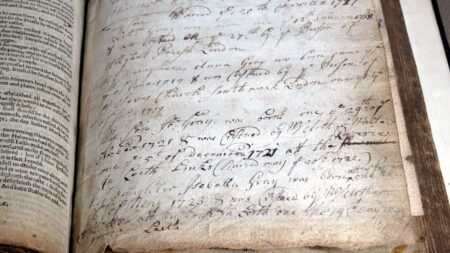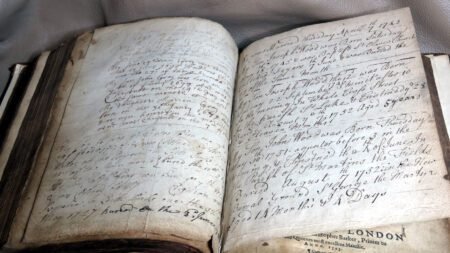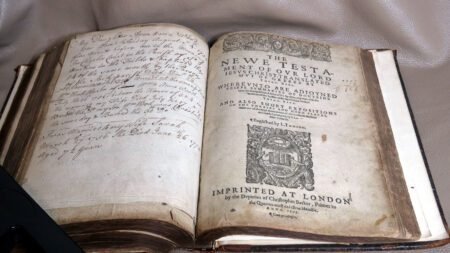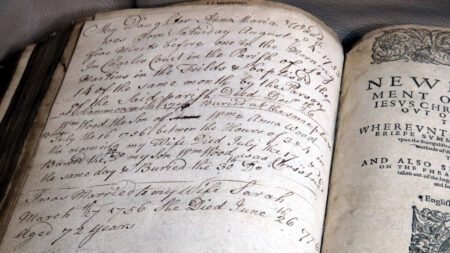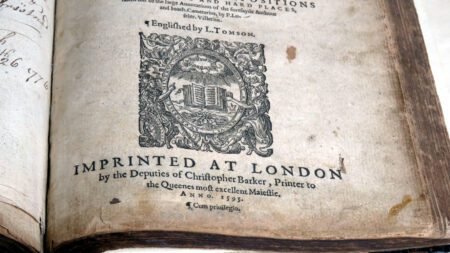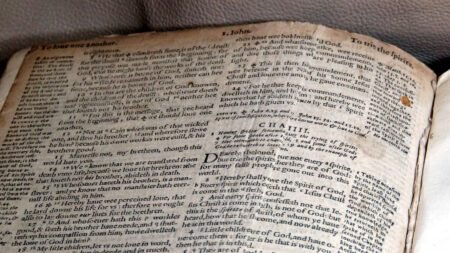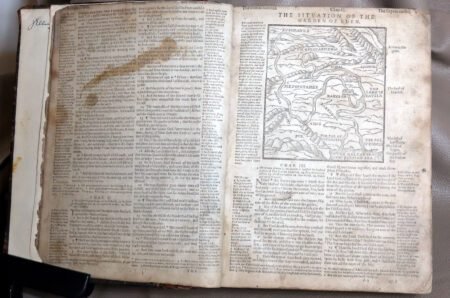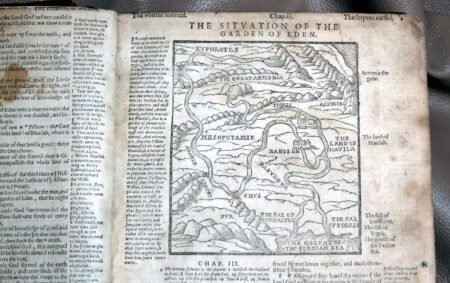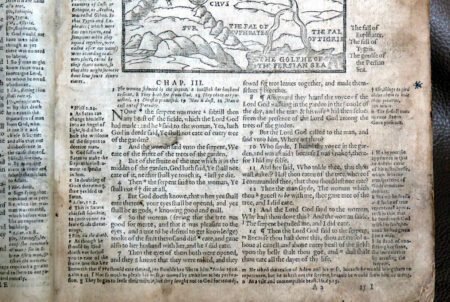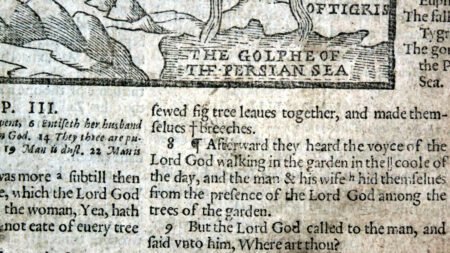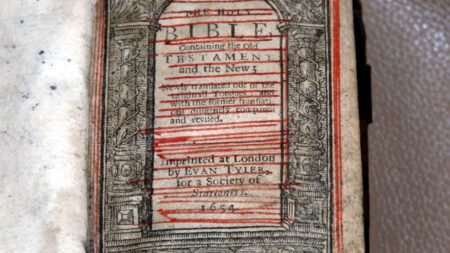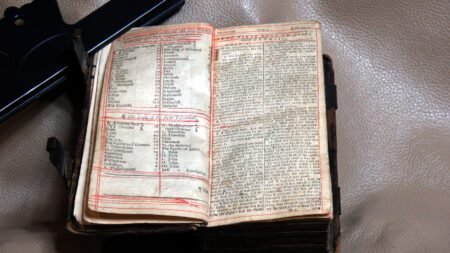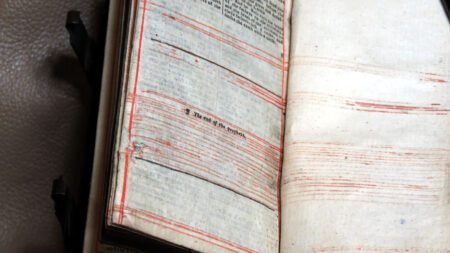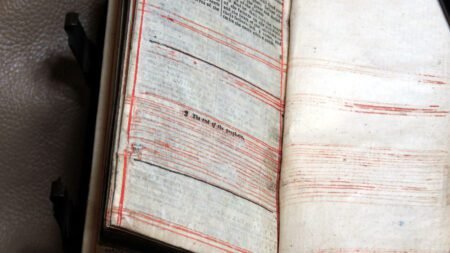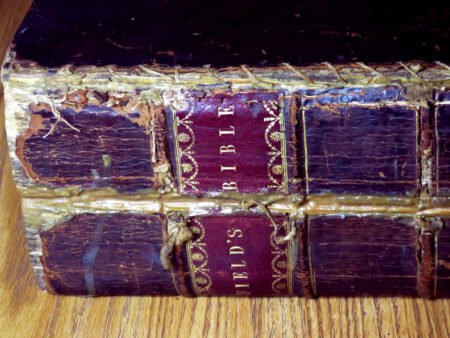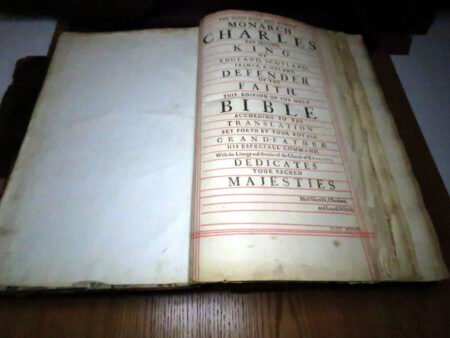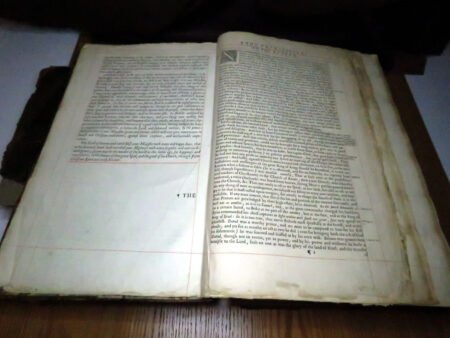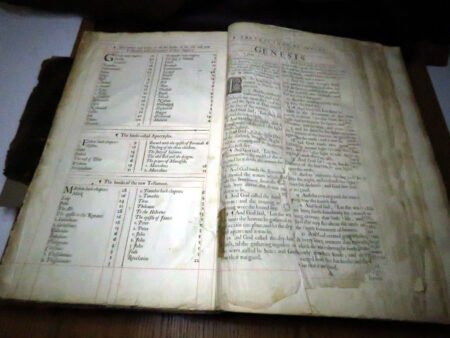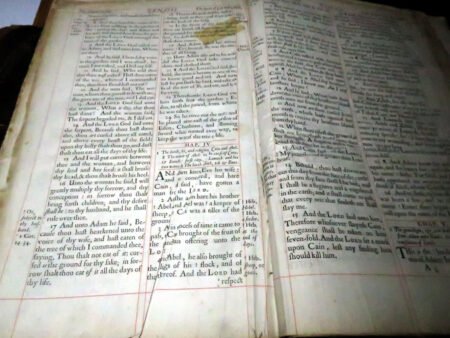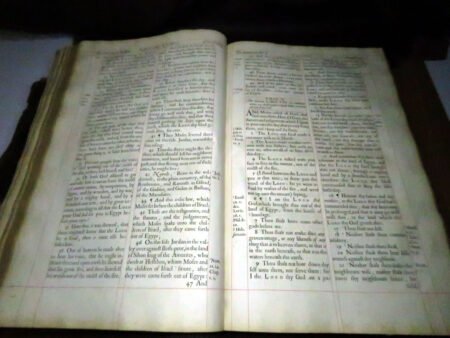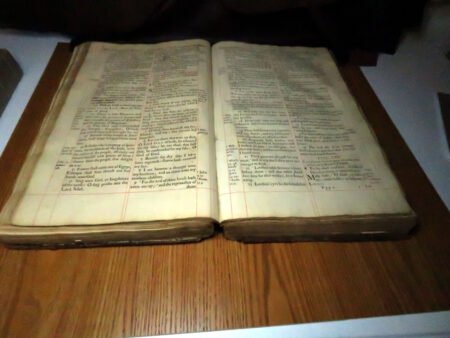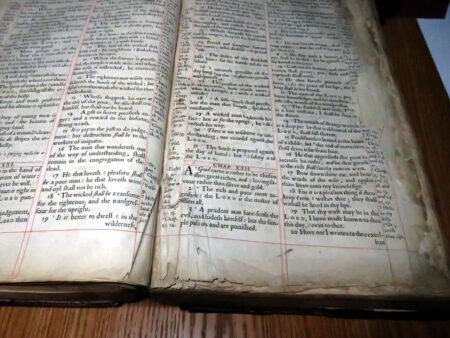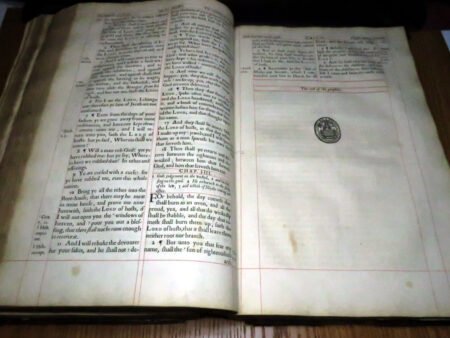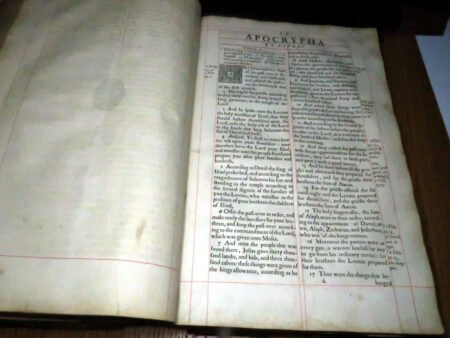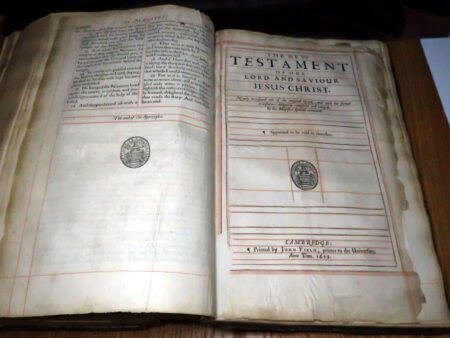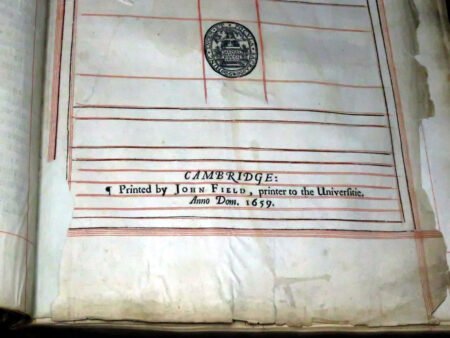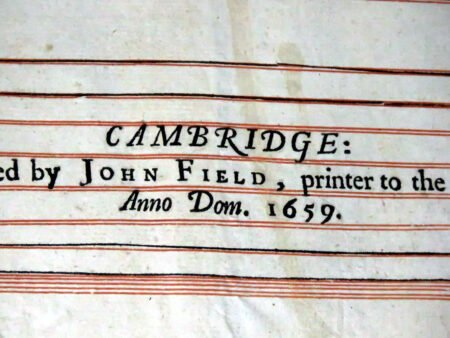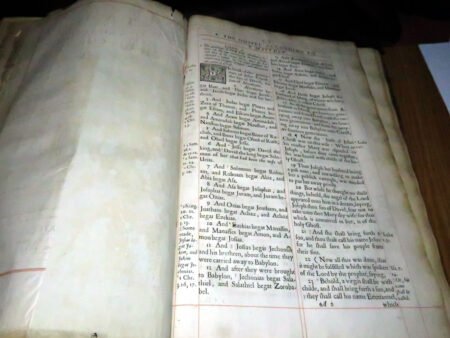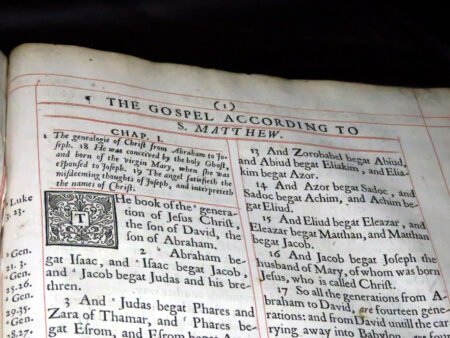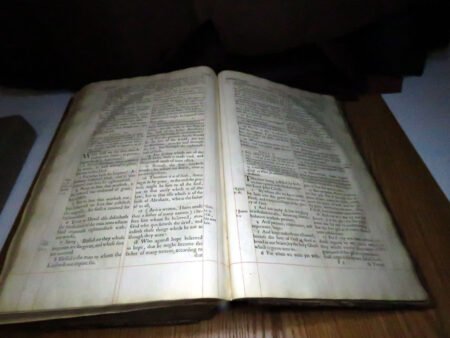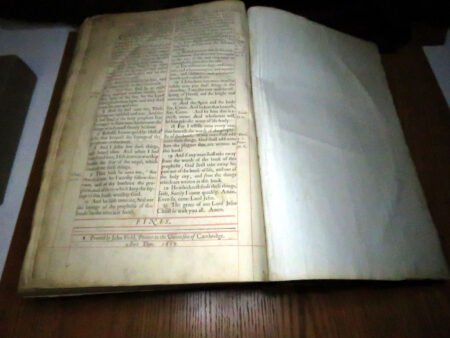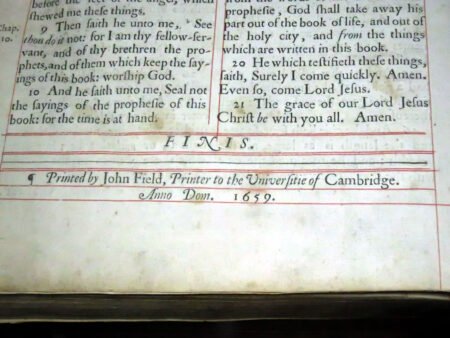The Westminster Larger Catechism is a Protestant catechism, or statement of faith, that was created by the Westminster Assembly in the 17th century. It is one of the most comprehensive and detailed catechisms in the Reformed tradition and provides a systematic overview of Christian doctrine.
History of the Westminster Larger Catechism
The Westminster Assembly, which also produced the Westminster Confession of Faith, was convened by the English Parliament in 1643 with the goal of redefining the Church of England in a more Protestant direction. The assembly consisted of over 100 divines, or theologians, from England and Scotland, and they worked together for six years to produce a comprehensive statement of faith.
The resulting document, the Westminster Larger Catechism, was completed in 1648 and adopted by the Church of Scotland in the same year. It has since been adopted by numerous Reformed churches around the world.
Structure and Content of the Westminster Larger Catechism

The Westminster Larger Catechism consists of 196 questions and answers, each of which provides a detailed explanation of a particular aspect of Christian doctrine. The questions are divided into 12 sections, each of which covers a specific topic, such as the nature of God, the fall of humanity, and the means of salvation.
The Westminster Larger Catechism is notable for its depth and detail. Each question is accompanied by a thorough explanation that draws on Scripture and the writings of theologians throughout history. The catechism also includes numerous Scripture references, making it a valuable resource for Bible study.
One of the defining features of the Westminster Larger Catechism is its emphasis on the practical implications of Christian doctrine. Many of the questions and answers address how believers are to live in light of their faith, emphasizing the importance of obedience and good works.
Impact and Influence of the Westminster Larger Catechism
The Westminster Larger Catechism has had a significant impact on the development of Reformed theology and on the Protestant church more broadly. Its detailed and systematic approach to Christian doctrine has influenced the teaching and preaching of countless pastors and theologians, and it continues to be an important resource for Christian education and discipleship.
The catechism has also been influential in shaping the worship and liturgy of many Reformed churches. Its emphasis on the practical implications of Christian doctrine has led many churches to incorporate catechism readings and teachings into their worship services, providing a rich and comprehensive understanding of Christian faith and practice.
Conclusion
In conclusion, the Westminster Larger Catechism is a significant statement of faith in the Reformed tradition. Its detailed and systematic approach to Christian doctrine has made it a valuable resource for Christian education and discipleship, and its emphasis on the practical implications of faith has influenced the worship and liturgy of many churches. Whether you are a student of theology or simply interested in deepening your understanding of Christian faith and practice, the Westminster Larger Catechism is a valuable resource that is worth exploring.

